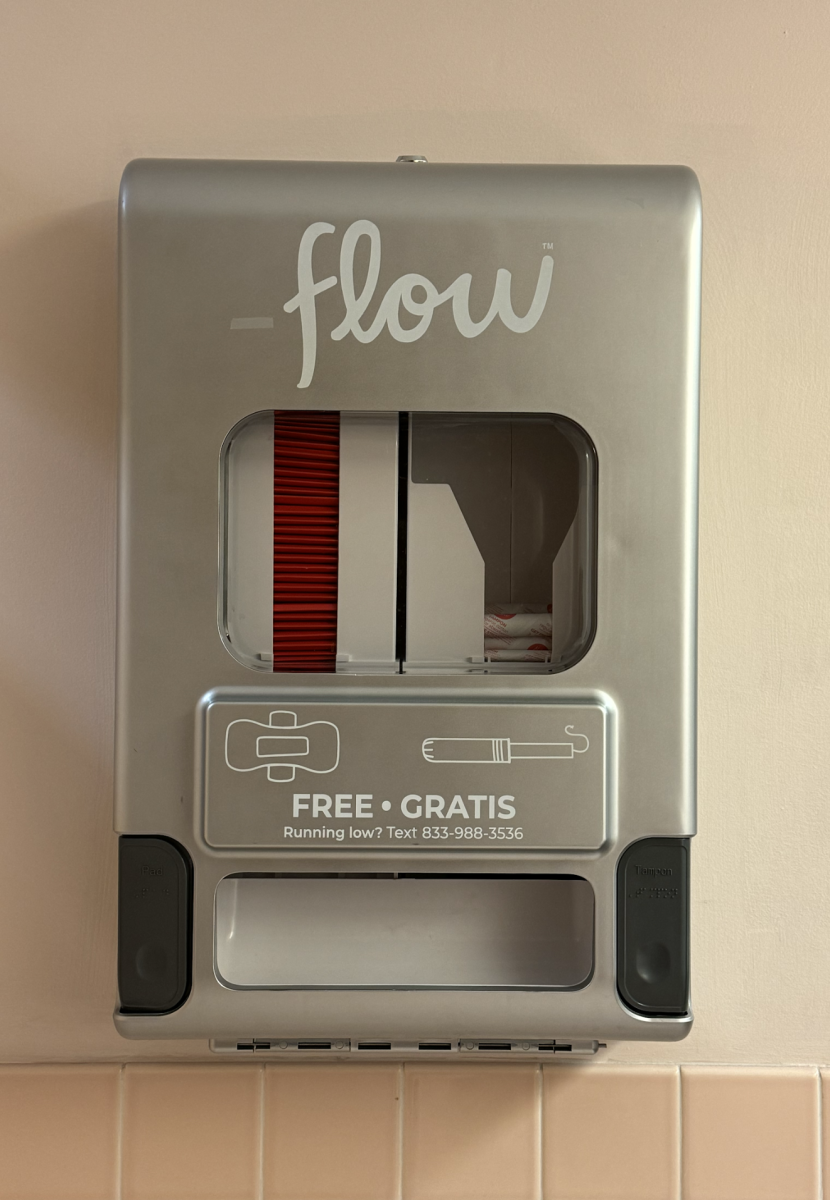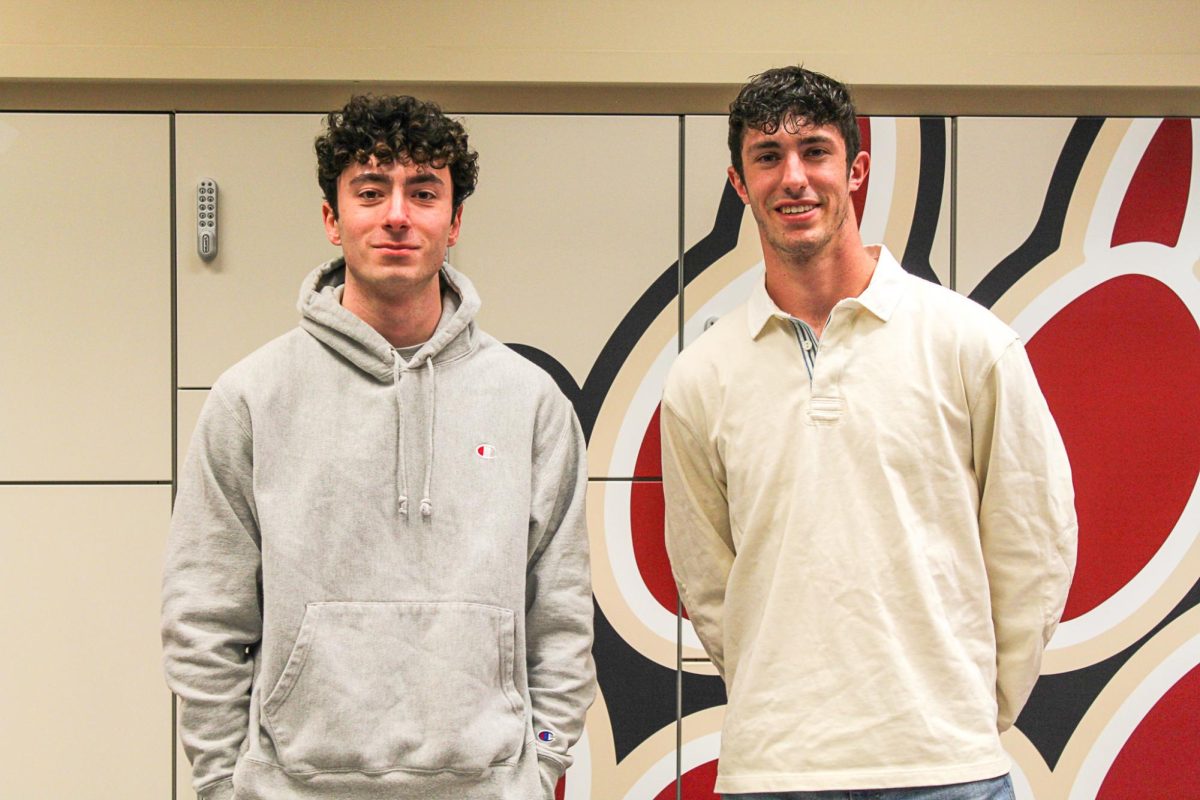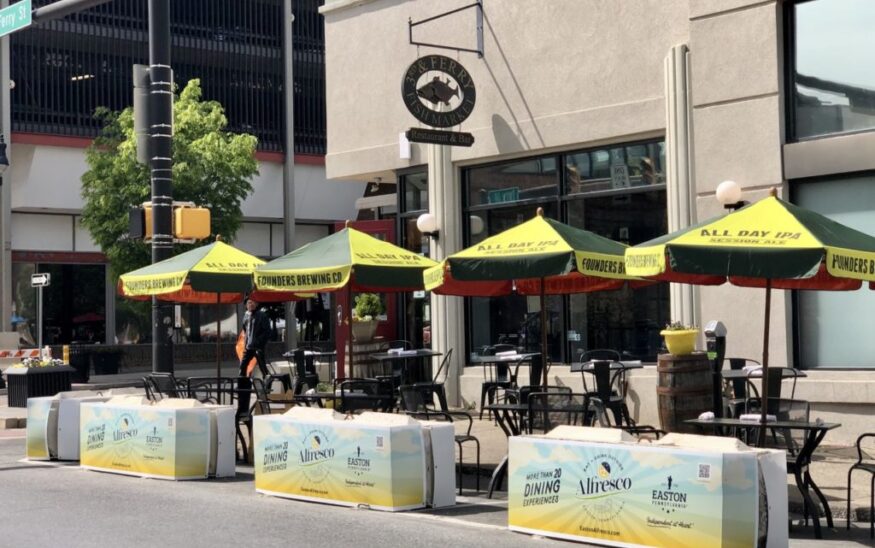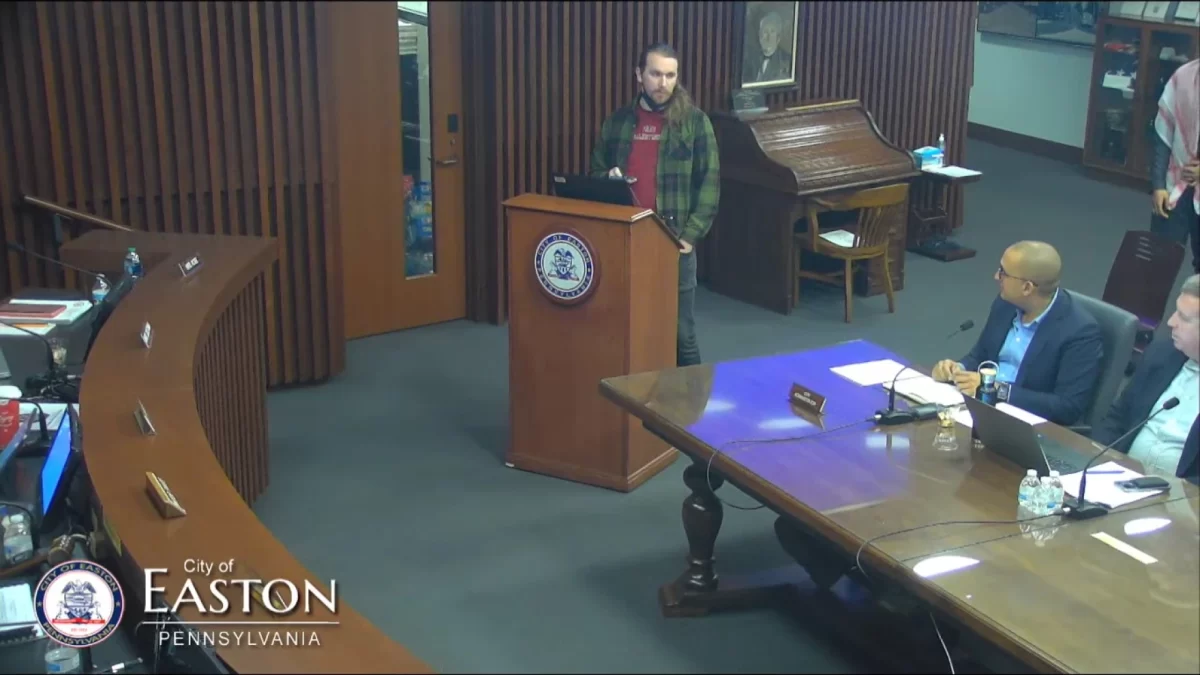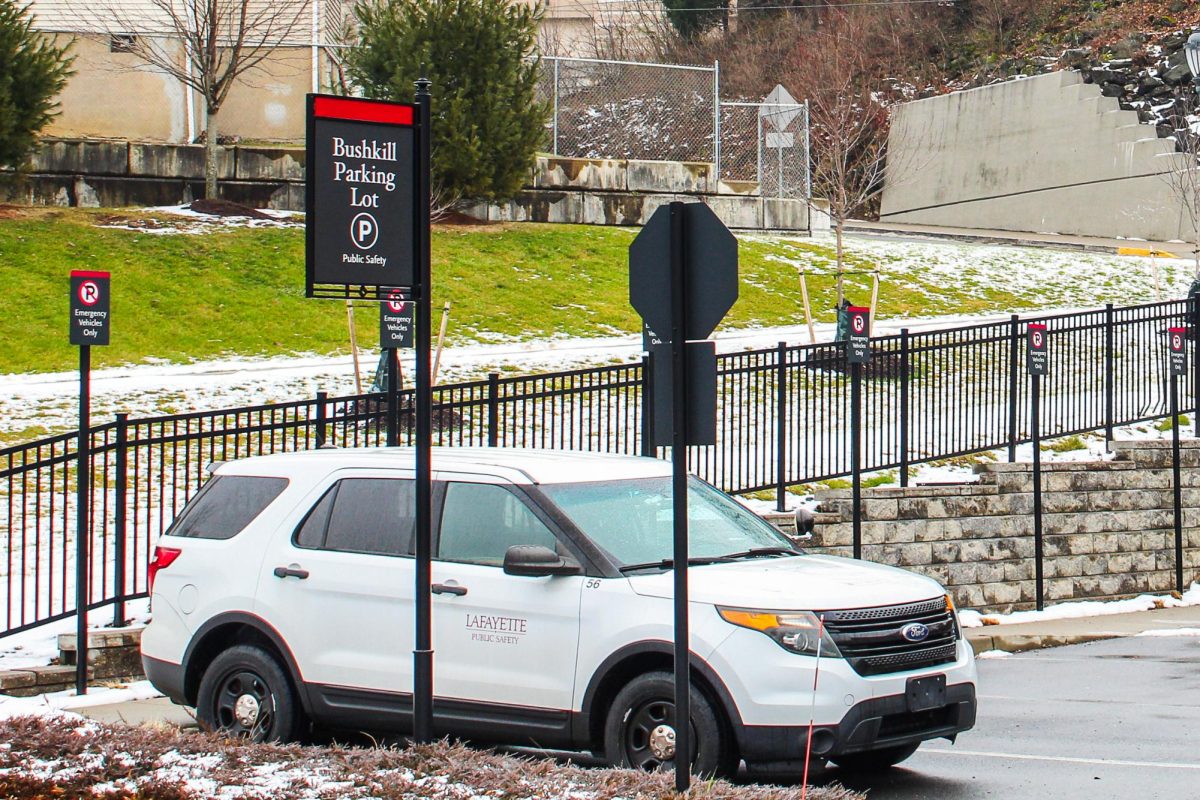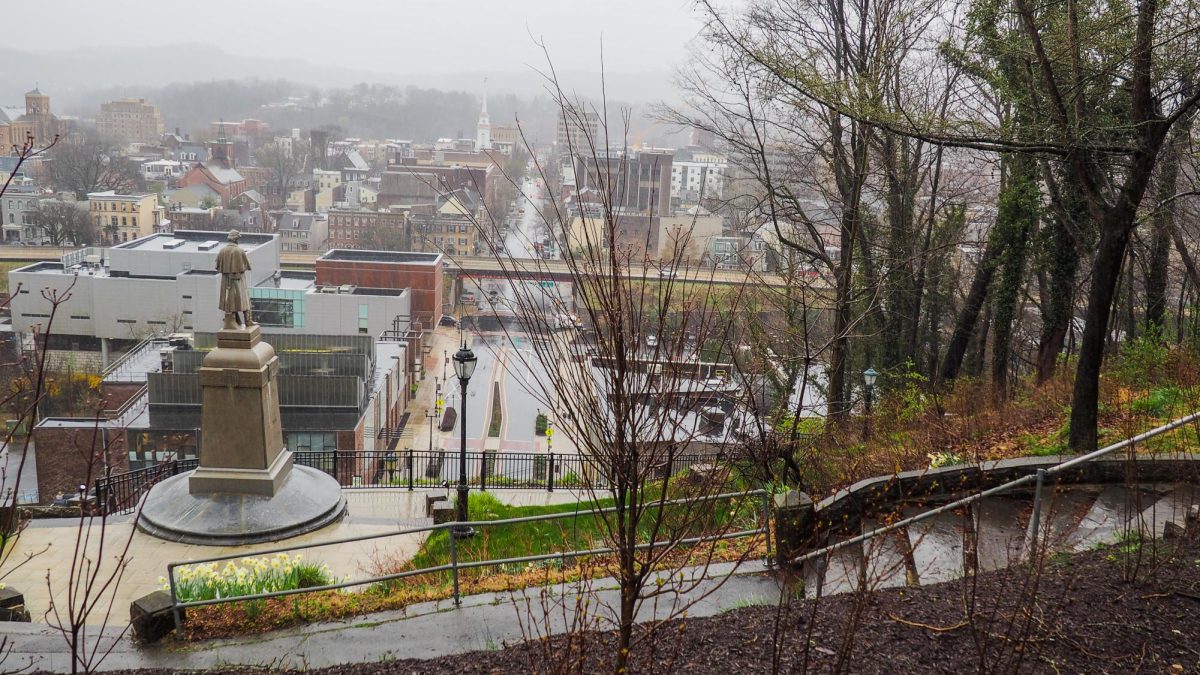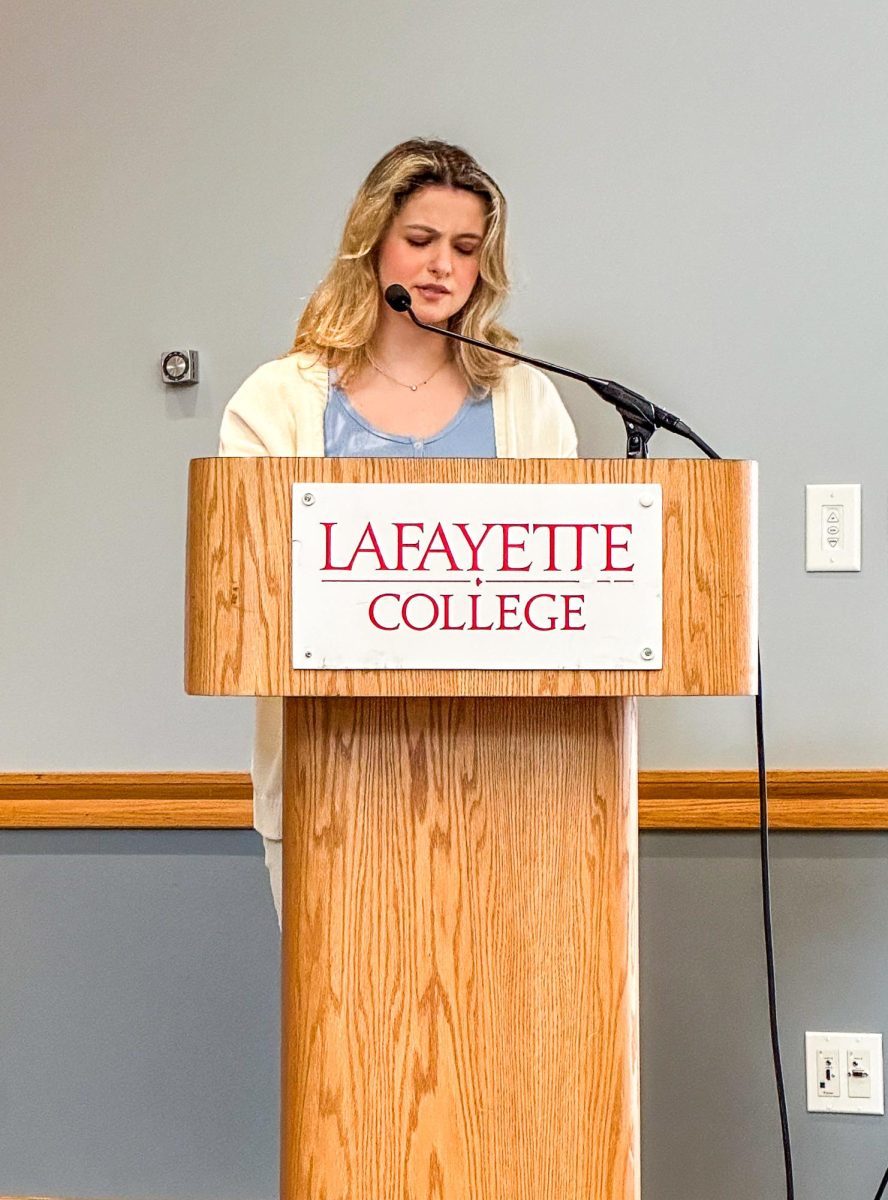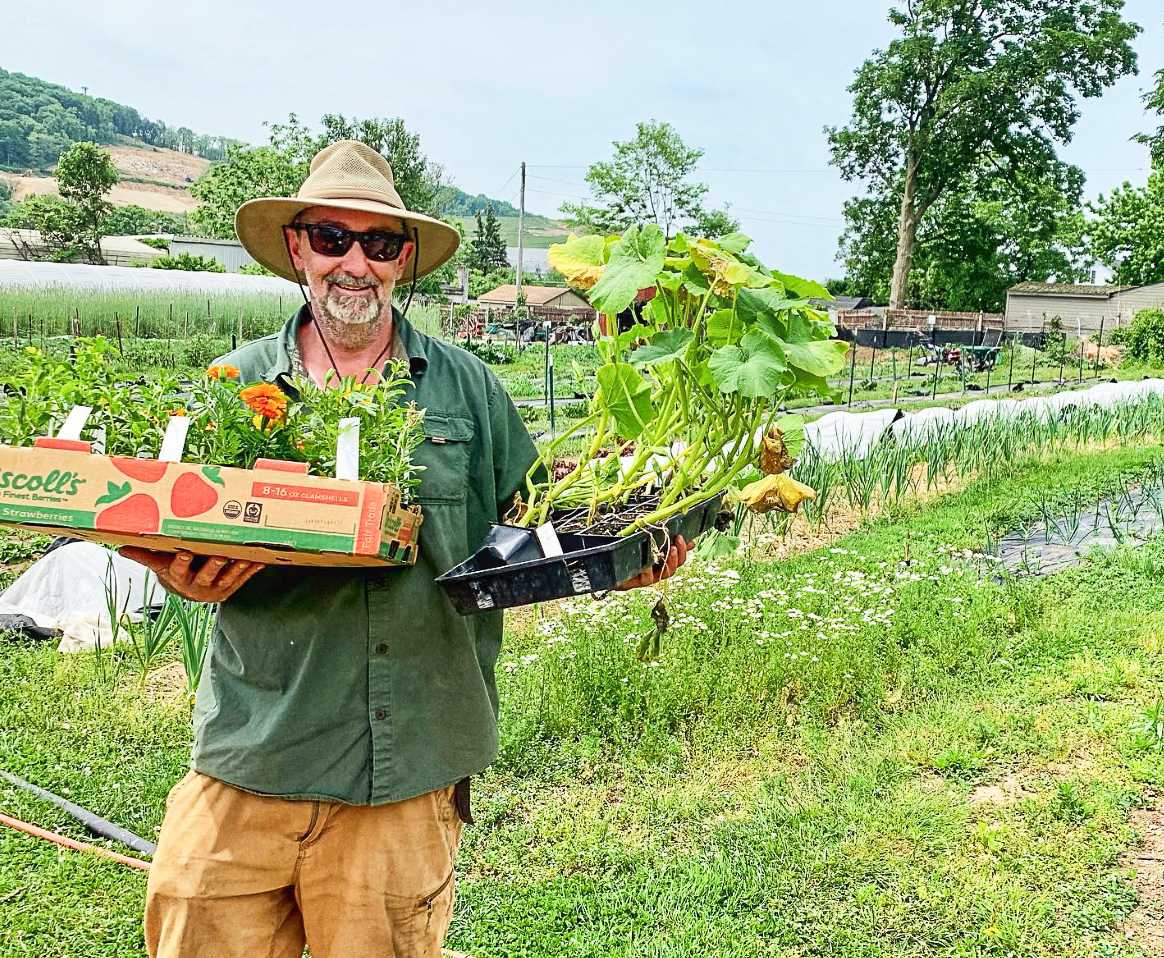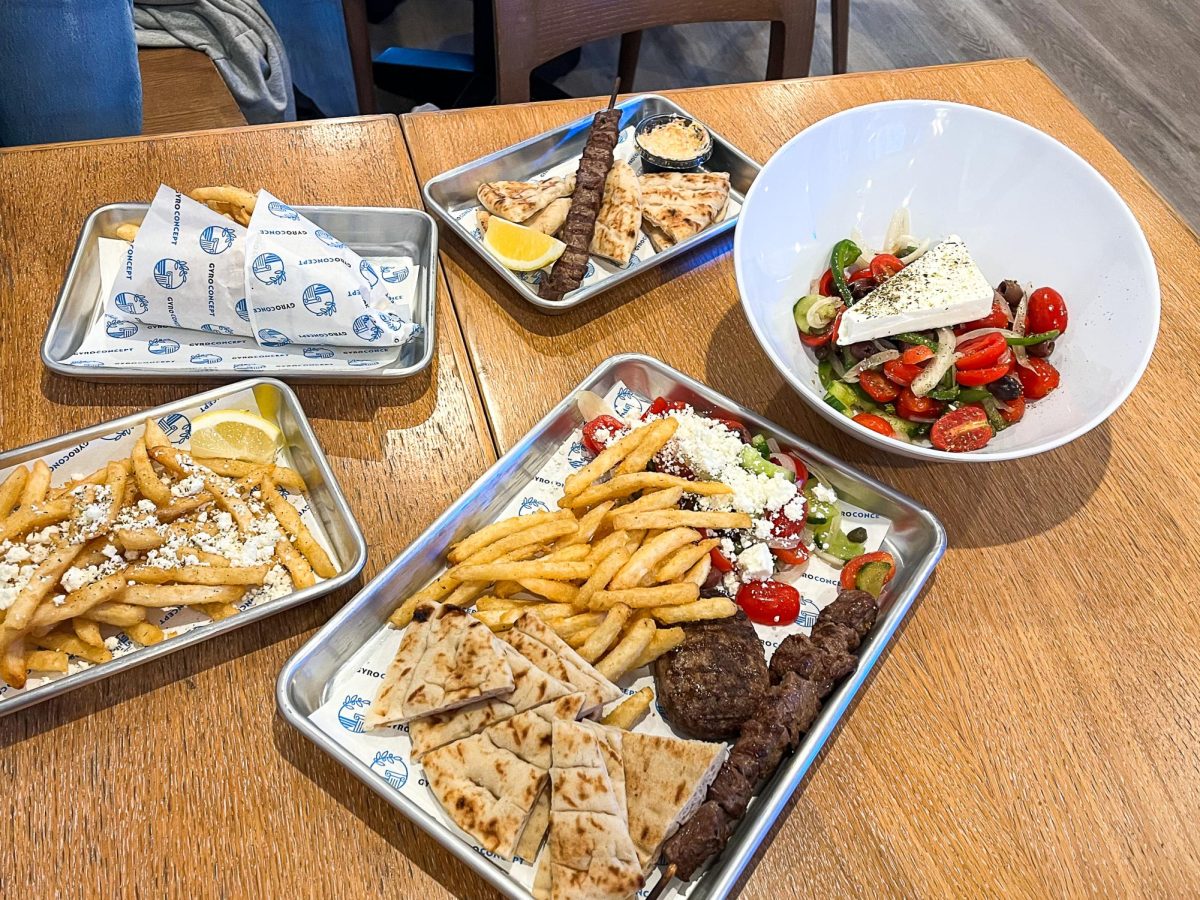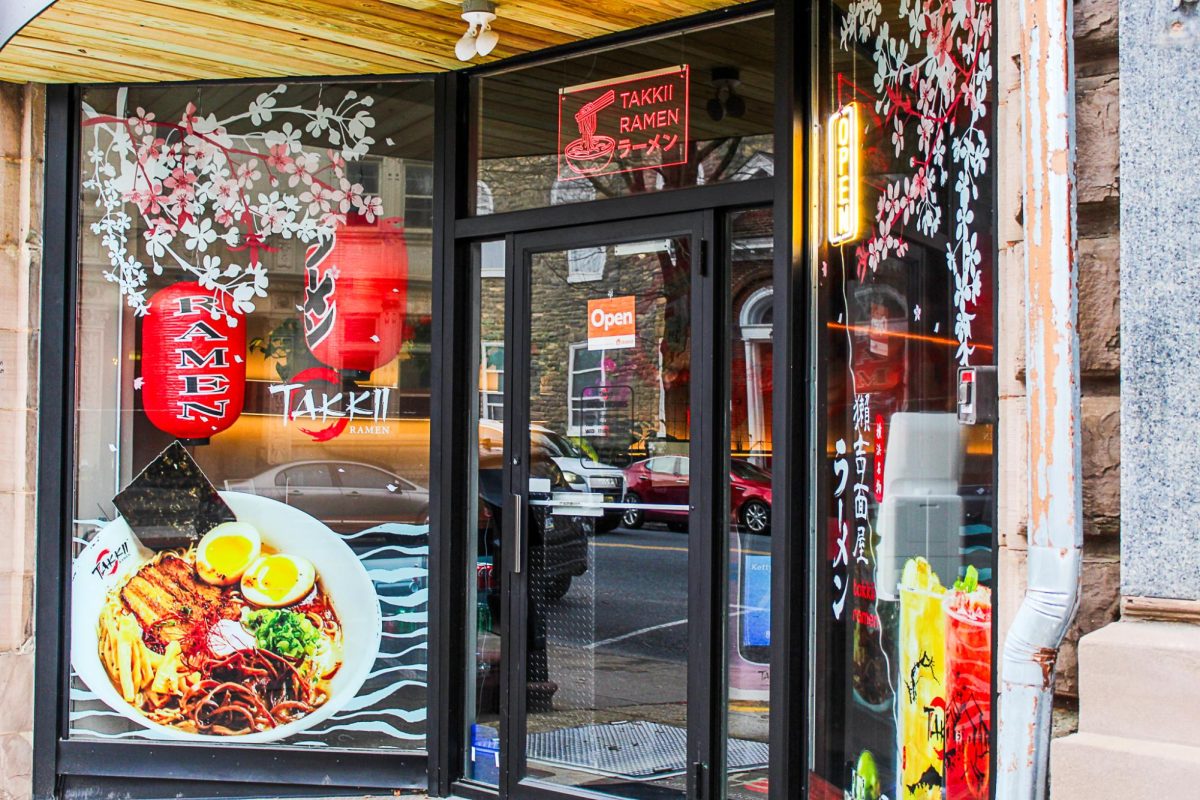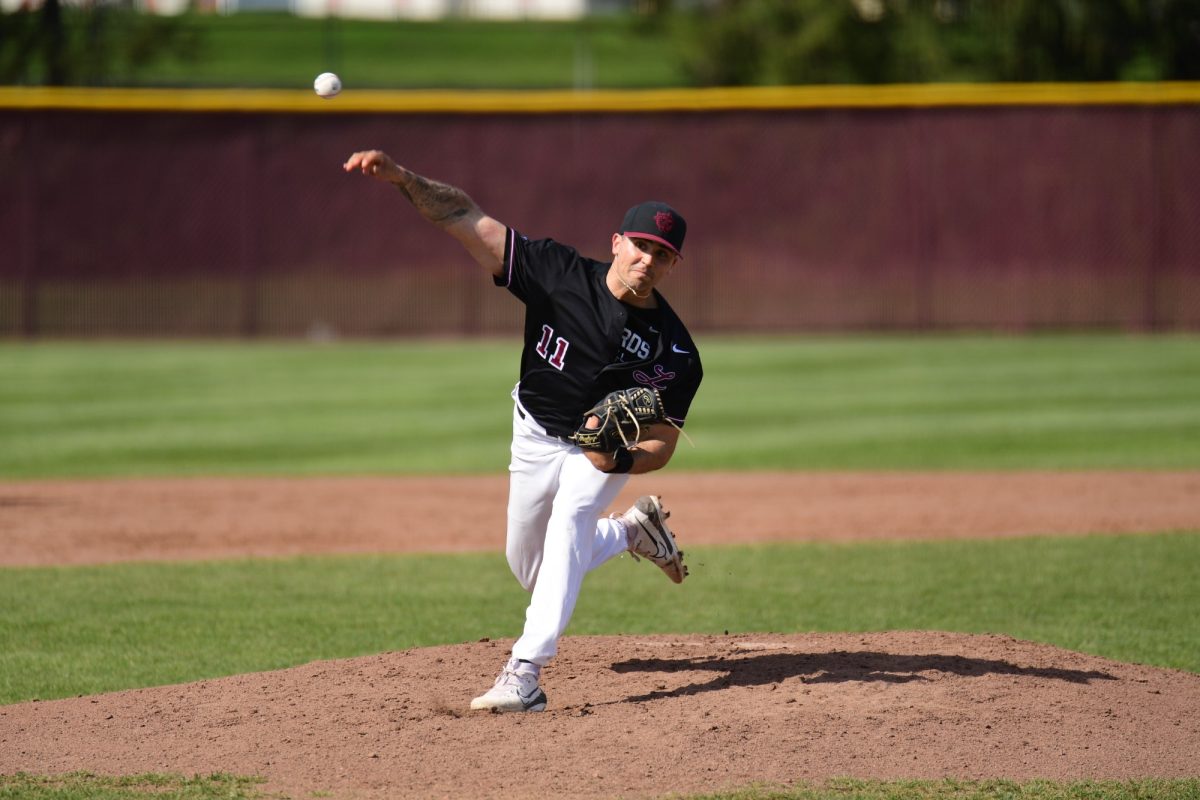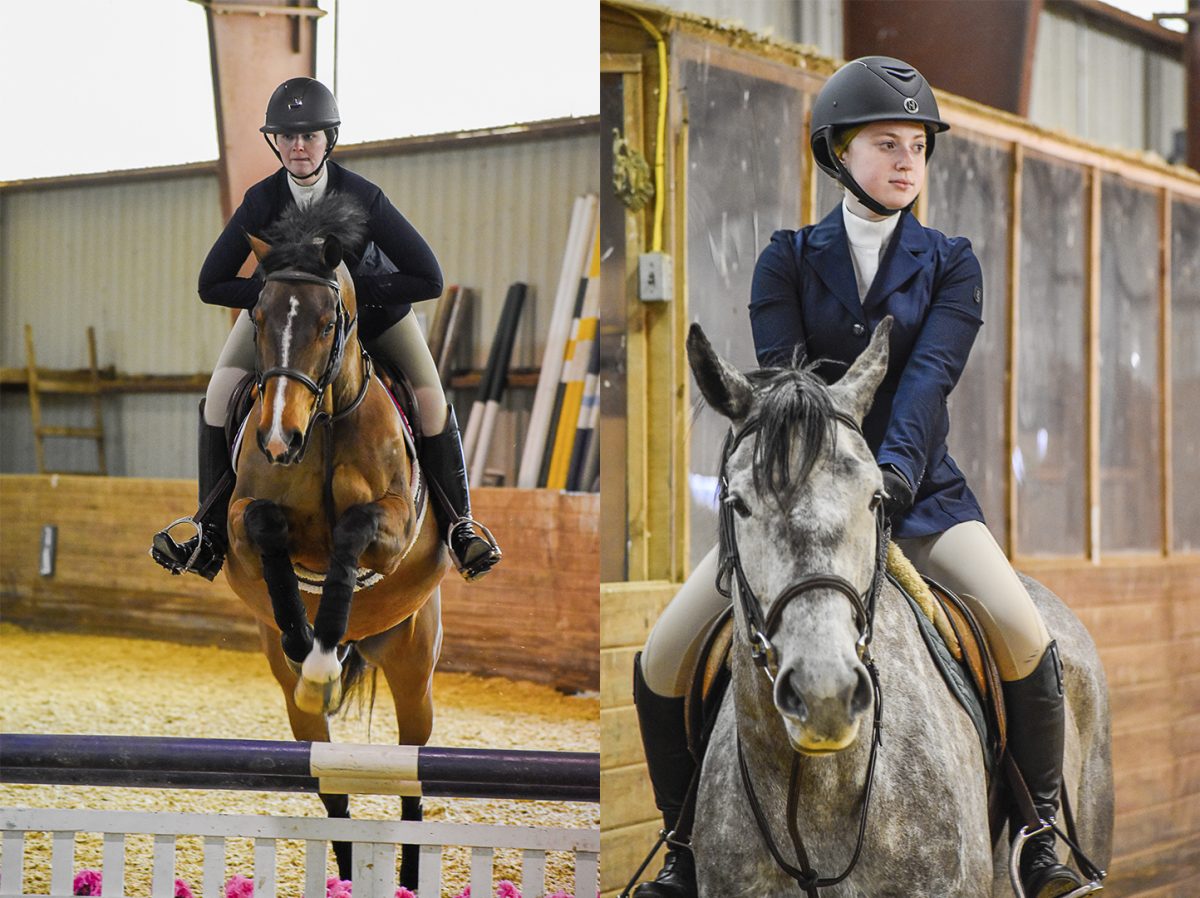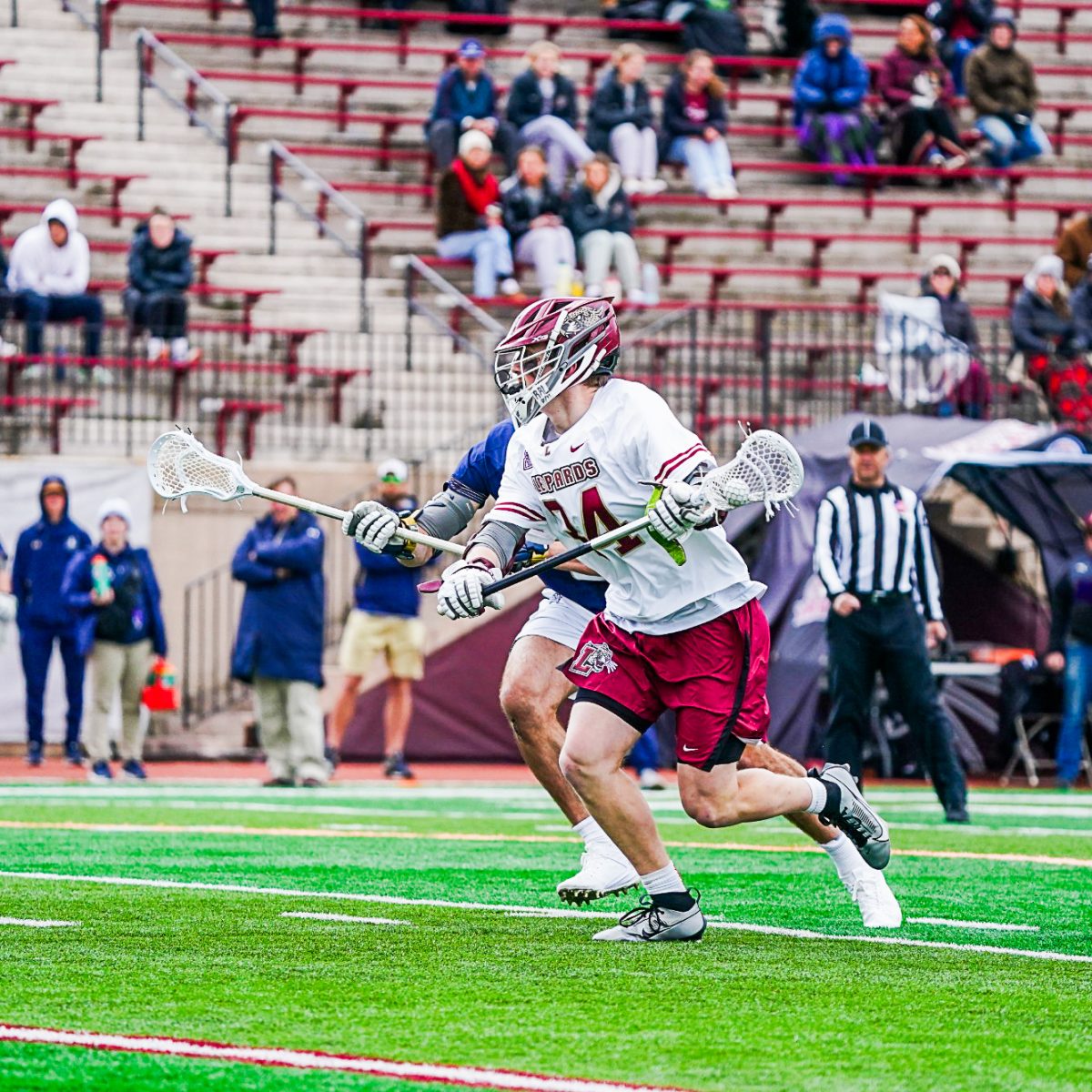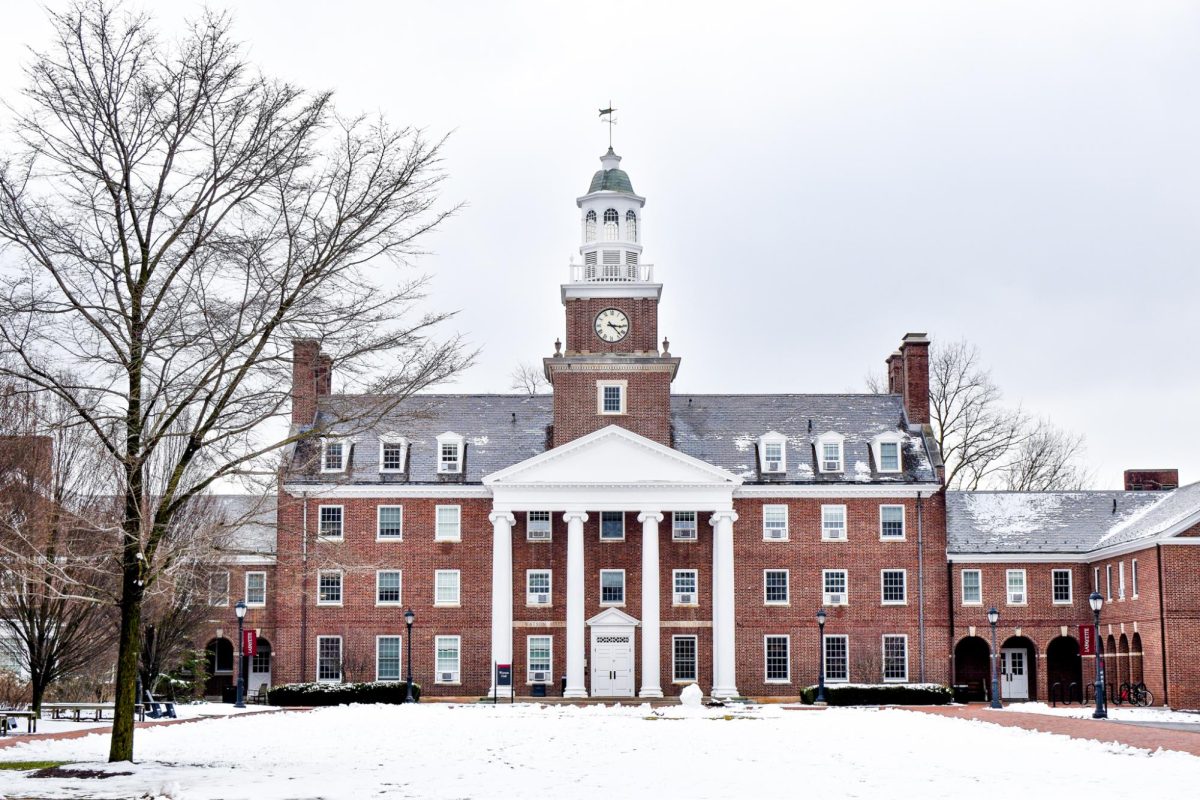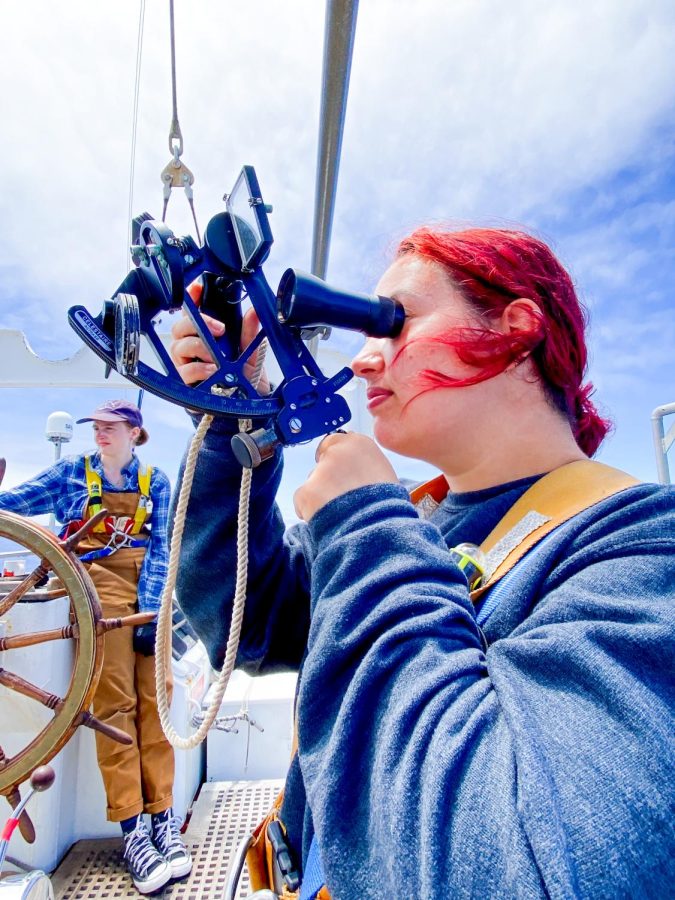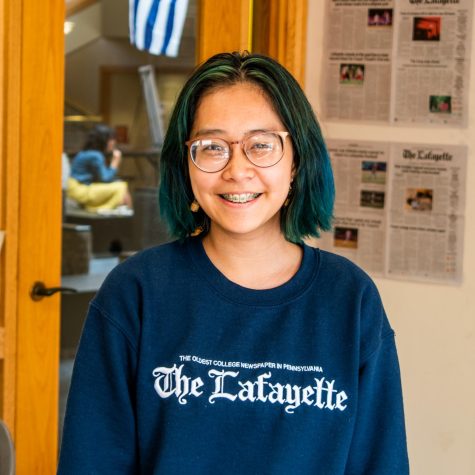Some people spend their summers on the beach. Olivia Najjar ‘23 prefers to venture farther. This past summer, Najjar spent a month sailing from Honolulu, Hawaii to San Diego, Calif. with the Sea Education Association (SEA).
For the last two weeks of June, Najjar spent time in SEA’s home of Woods Hole, Mass. learning about a variety of subjects related to nautical science. Then, her cohort flew to Honolulu and sailed from there to San Diego, acting as the working hands of the ship.
During the trip, Najjar’s ship sailed through the Pacific Gyre, an area that has a high accumulation of plastics. Fittingly, the program was focused on marine plastics. Najjar’s research explored how wind and wind intensity affect the distribution of microplastics within the water column.
According to Najjar, this research is significant because many studies that look at marine plastics get most of their data from surface tows, or samples that mostly stay at the water’s surface. In contrast, Najjar was able to use subsurface tows to see whether there was any significance to samples obtained from below the water’s surface.
When she wasn’t conducting research on the ship, Najjar worked as a deckhand. There were three main responsibilities while on deck: steering and navigating at the helm, acting as lookout on the bow and conducting checks throughout the ship to make sure that everything was functioning properly.
Najjar’s favorite job of being on deck was being at the helm. She recalled navigating the ship on the first night that they sailed off from Honolulu, looking up from her compass and being met with a sky full of stars.
For Najjar, the most enriching part of the trip was getting the hands-on experience of conducting research and acting as a deckhand.
“You’re getting down and dirty, like you are a member of the crew,” Najjar said. “And so you learn a lot more that way.”
There were difficult moments of the trip, too. Although students were given guidance on running the ship for the first few weeks of the expedition, by the last week, they were expected to run the ship all by themselves unless there were any outstanding issues. At one point during this last week, the ship had a bad sail raised. When the crew attempted to perform a sailing maneuver called a jibe, wind ripped the entire sail.
Luckily, they were able to replace the sail. It was during experiences like this one that Najjar learned how much she was capable of.
“It kind of felt like every day was finals week … Regardless of whether you want to or not, you have to take a leadership role at some point,” Najjar said.
“You pretty much have to do it,” Najjar said. “So you learn that you can do it.”
Najjar learned about SEA through the geology department. Geology Professor Kira Lawrence recommended that Najjar look into the program after she expressed interest in ocean exploration. Additionally, Geology Professor David Sunderlin, who went on a SEA trip when he was an undergraduate student, is associated with the program at Lafayette.
“My first instinct was, ‘Oh my God, [this program] sounds insane. Why would I ever do that?’” Najjar said. “And then I was like, ‘Why wouldn’t I do that? That sounds crazy. That’s exactly what I want to do.’”
An environmental studies major with a minor in geology, Najjar’s ultimate goal is to pursue a career in paleoceanography and paleoclimatology. She hopes to use the ocean to study past climates and see how that applies to the present and future climates on the planet.
Although Najjar clearly has an academic interest in the hands-on research and sailing experience that SEA offers, she recommends SEA trips to people of all disciplines and backgrounds.
“I feel like there’s something there for most people. I mean, you have to like science to some degree, but there is a humanities aspect which draws a lot of people,” Najjar explained.
“I didn’t go into it feeling like I’m a strong leader in any sense,” Najjar said. “But you learn. You get there.”


